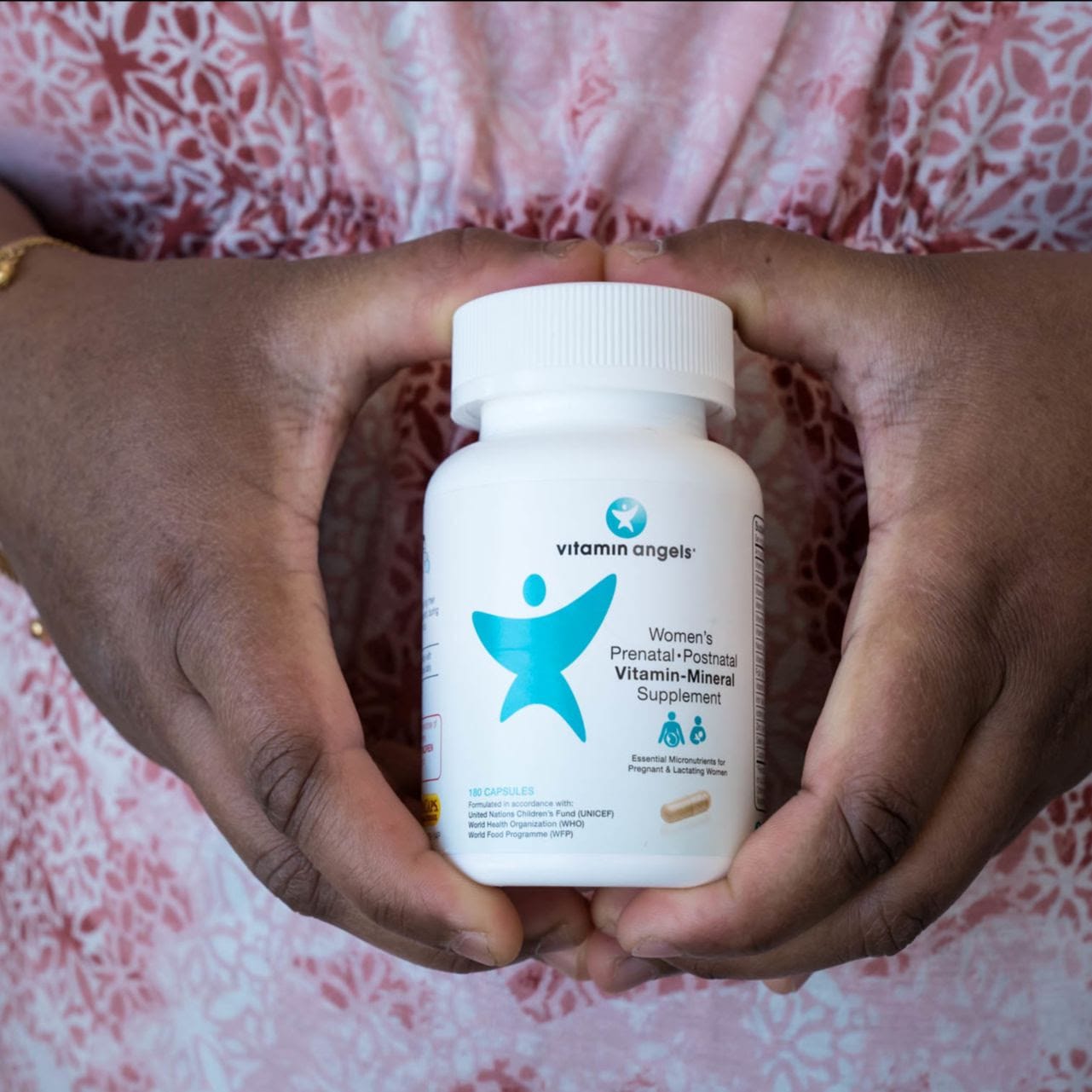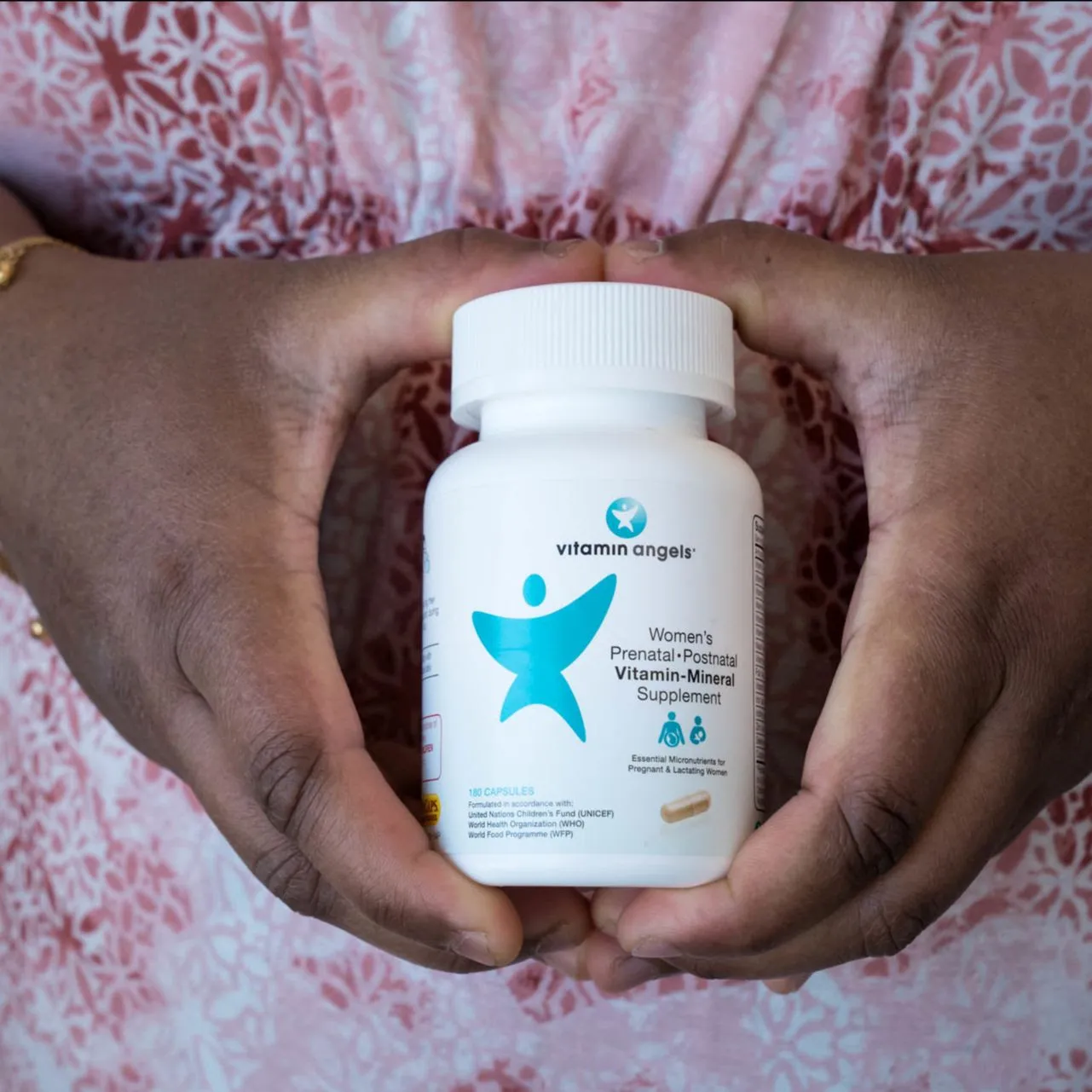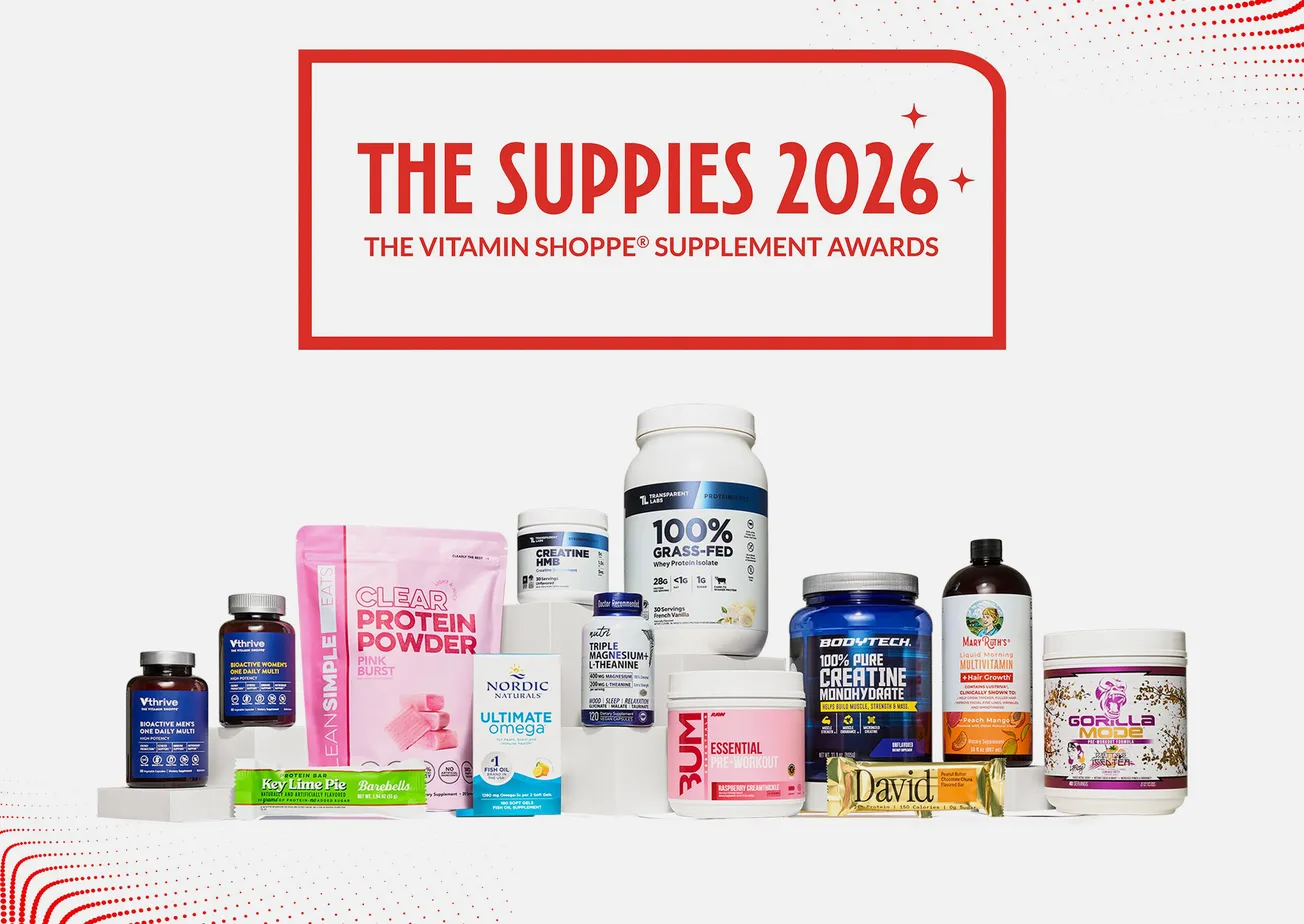GOLETA, Calif. — Vitamin Angels, a public health nonprofit working to improve maternal and child nutrition worldwide, successfully expanded its multiple micronutrient supplementation (MMS) – also known as prenatal vitamins and minerals – programs globally in 2022.

The expansion resulted in enhanced global awareness and recognition of the importance of MMS and greater support for women and infants globally. In collaboration with its partners, Vitamin Angels reached over 71 million underserved pregnant women and children in about 65 countries, including all 50 U.S. states and Puerto Rico with evidence-based nutrition interventions in 2022.
“One of our key focuses in 2022 was to expand the number and scope of our MMS programs globally, including within the US, and to help build consensus within the public health community around MMS,” said Howard B. Schiffer, Vitamin Angels founder and president. “We made significant progress and there is still a lot more work to be done to ensure that every pregnant person in need has access to MMS.”
Specific program highlights in 2022 included:
- Supported Development of Indonesian National MMS Policy – One of Vitamin Angel’s largest MMS projects is in Indonesia, where they are concentrating efforts on exploring the introduction of MMS for pregnant women. In doing so, Vitamin Angels is collaborating with government and several academic partners to explore the systematic introduction of MMS within the antenatal system in Indonesia.
- Addressed Global Supply Chain Issues – Vitamin Angels helped to build an effective MMS supply strategy for countries (at the country, regional, and global scale), and addressed challenges of manufacturing and the increasing global demand for MMS. They worked in partnership with Kirk Humanitarian, to publish a paper, UNIMMAP MMS for National Health Systems: Considerations for Developing Supply Strategy, which addresses the need to scale the global supply of multiple micronutrient supplementation (MMS) to meet the growing demand.
- Partnered with UNICEF to Combat Undernutrition in India – Vitamin Angels partnered with UNICEF in India to combat undernutrition and expand awareness around the importance of maternal nutrition. The goal of the program is to address the undernutrition of mothers and children up to age five at the population level across India.
Other organization highlights from the year included:
Corporate Partner Impact Achievements
Vitamin Angels’ success wouldn’t have been possible without outstanding support from its corporate partners in 2022. Walgreens achieved the significant milestone of reaching over 350M women and children through their partnership with Vitamin Angels, and expanded the Chicago prenatal pilot program, which distributes free Vitamin Angels prenatal vitamins and minerals and nutrition education to underserved pregnant women in the south and west sides of Chicago, through participating Walgreens locations. Bayer reached over 4M women and children with MMS and played a key role in Vitamin Angels’ ability to expand its MMS programs globally. Other corporate partners who gave generously in 2022 included SmartyPants and The Vitamin Shoppe.
Implementation of Diversity, Equity, and Inclusion Program
In 2022, Vitamin Angels’ DEI efforts focused on the development of an internal process of continuous stakeholder feedback for all staff regarding DEI training, career advancement, recruitment, and retention. This effort ensures that every person who works at Vitamin Angels feels like they belong and that their contributions are valued. Vitamin Angels believes that the investment into a diverse, inclusive, and equitable workplace is important to accomplish its goals and will continue to expand and improve their DEI efforts in the coming year.
New Vitamin Angels Website
Vitamin Angels launched a new website in January 2023. The new website reflects the mission and ongoing work of Vitamin Angels and documents the growth the organization has achieved over the last three decades.
Looking ahead, the organization aims to double their impact to reach 140 million women and children annually by 2033. To achieve this, they will continue to work with their partners to build consensus around MMS and provide more innovative technical assistance through learning solutions, monitoring and evaluation, and supply chain solutions. They will also expand their scope of work with a more comprehensive package of maternal, infant, and young child nutrition interventions and social behavior change strategies to enhance uptake and adherence.






